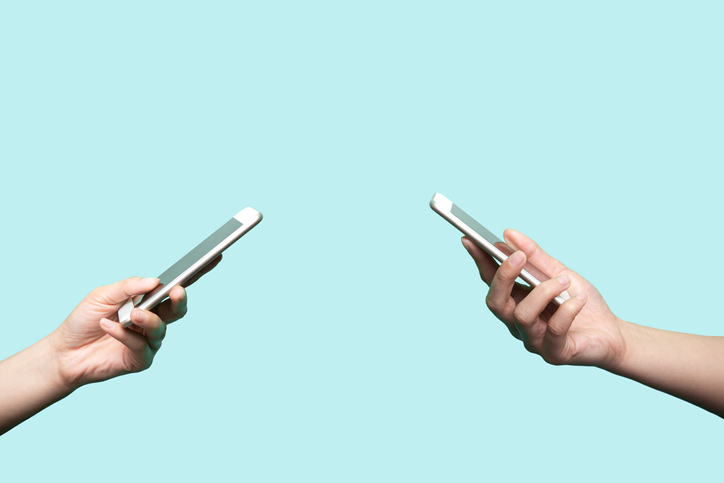
On the outside, Jonathan Wilson, CEO and founder of INVI MindHealth and former Navy SEAL, seemed to be doing great.
“Per societal standards, I was successful: education, Navy Seal, Goldman Sachs equity trader, beautiful family, lived in Connecticut, awesome home, nice car, vacation,” said Wilson, reciting the list of things conventionally linked to a happy life. “And yet, I was dead inside. I couldn’t figure out why. I didn’t know what depression was. I now know I was depressed. I was having anxiety attacks.”

With the Rise of AI, What IP Disputes in Healthcare Are Likely to Emerge?
Munck Wilson Mandala Partner Greg Howison shared his perspective on some of the legal ramifications around AI, IP, connected devices and the data they generate, in response to emailed questions.
Wilson, who spent several years as a Navy SEAL, isn’t the only one who has felt this way. Practically all veterans do, he said. One in five veterans experience some type of mental health concern each year. More than 40 veterans die by suicide each day. While the U.S. Department of Veterans Affairs offers mental health programs, they’re not nearly enough, Wilson argues. That’s why he decided to create his own solution, called INVI MindHealth. Next month, the company hopes to get the app in the hands of a small group of users, with the anticipation to fully launch by the end of the year.
Denver-based INVI MindHealth’s app leverages wearable devices, like phones and watches, to provide users with their “mindscore,” which informs the user on where their health is and where it is trending. This score incorporates health metrics such as sleep, steps and diet, as well as self-reported factors like mood and stress. Users also have a “swim buddy,” a concept borrowed from the Navy SEALs program.
“I had something called a swim buddy who I always had next to me in case something happened to me on the battlefield … We’re going to try to bring the human component back into mental health … We want you with your best friend, or maybe it’s your partner, whoever you decide you want to share that with,” Wilson said.
This buddy, who can be of the user’s choosing, is able to see the user’s trend lines in the app and vice versa.
INVI is in the process of raising $2.5 million for its seed round. The company plans to offer its app to consumers, employers and payers. Although the app was built with an intention to help veterans, INVI isn’t solely targeting that population, Wilson said. But they do get some preferential treatment. Veteran users will only pay $4.99 a month to download and use the app while everyone else will pay $9.99.
“We want to scale … If we get this right, there are so many people that we can help,” he said.
Navy SEALs face unique challenges when it comes to their mental health. Wilson said the phrase “Suffer in Silence” was frequently said in the Navy.
“We do not raise our hands if something is wrong with us personally,” he said. “Because in our head, we’re going to let the team down. The last thing we would ever do is let our brothers down.”
When people leave the service, the challenges can become near overwhelming.
“The disconnect is when you get out, you leave your purpose,” he stated. “You leave your brotherhood, you leave your teammates, and now you have this mindset of not raising your hand to get help. Then you layer on this stigma around mental health. It’s embarrassing. We don’t talk about it. I would never tell you something is wrong, even if you were my best friend.”
With INVI MindHealth, Wilson hopes to change this mentality and provide much-needed support to veterans, as well as others who are struggling.
“We want to get this right, we want to get this in [veterans’] hands as soon as possible,” he said. “[Helping] those first responders is the next massive objective that we have: firefighters, policemen, nurses.”
Other mental health apps that support veterans include COVID Coach, Mindfulness Coach and PTSD Family Coach, which are all offered through the Veterans Affairs. However, these apps don’t use wearable devices, nor do they have a buddy component.
Photo: mstahlphoto, Getty Images














